Bee Pollen Breast Growth Hack Goes Viral on TikTok: Users Report Alarming Health Consequences
Recent trends on TikTok have showcased bee pollen as a natural enhancer for breast size, leading many women to incorporate this substance into their diets.
However, this trend has taken a turn, as numerous users report adverse reactions from mild allergies to severe menstrual disruptions. This has sparked conversations about the consequences of following health fads without scientific backing.
The Influence of Social Media on Health Decisions
TikTok influencers have been pivotal in popularizing bee pollen for its supposed health benefits. Dr. Allison Rodgers emphasizes the importance of scientific validation for such claims.
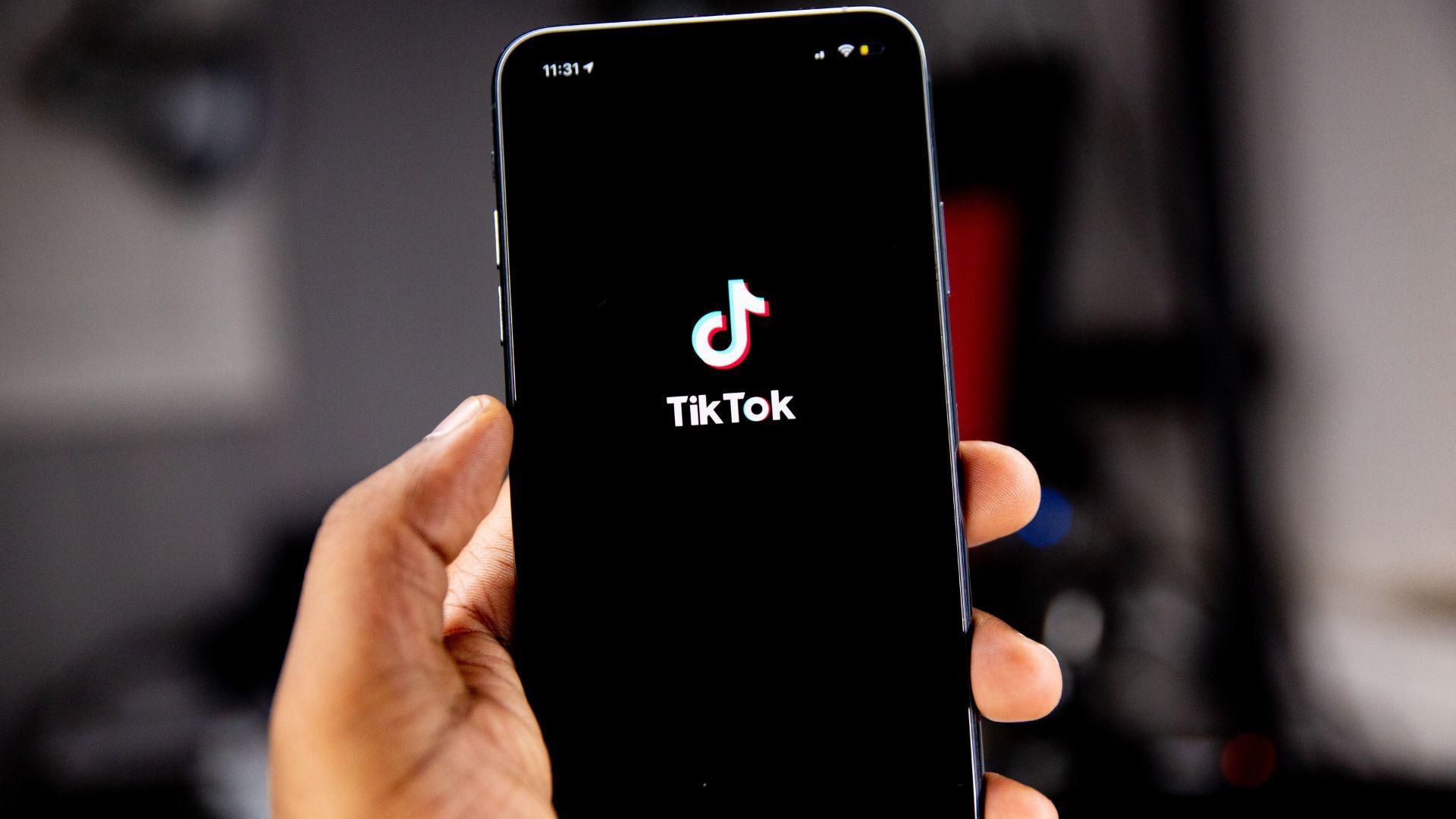
Source: Solen Feyissa/Unsplash
The recent experiences of many women reveal that natural remedies can carry significant risks and that influencer advice should not replace professional medical guidance.
Bee Pollen's Historical Context Versus Modern Claims
Historically revered as a potent health supplement, bee pollen is now marketed with promises of enhancing physical attributes, specifically breast size.
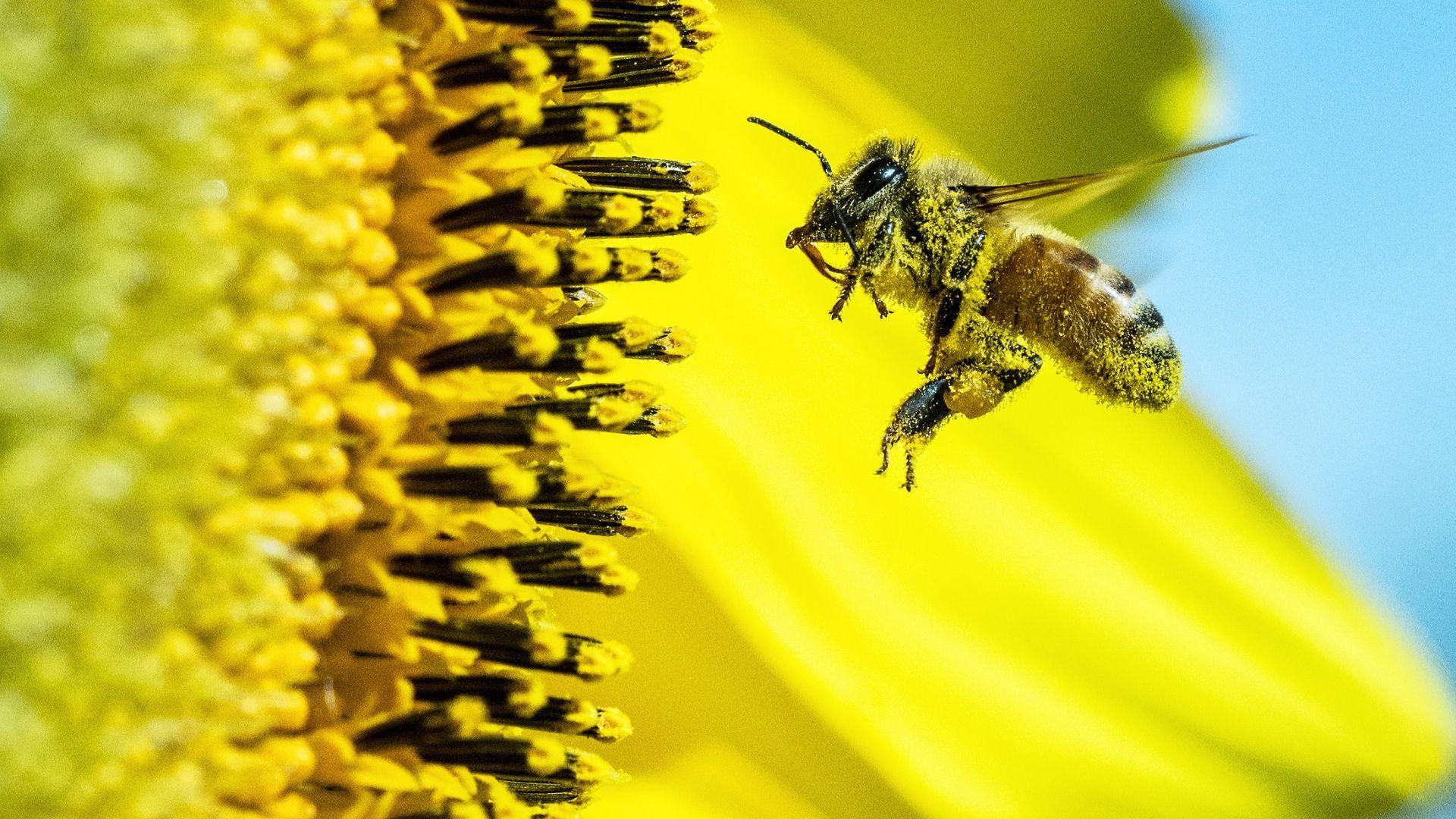
Source: David Clode/Unsplash
Despite the absence of scientific evidence to support these claims, the product’s availability and ancient pedigree continue to influence consumer behavior in the modern wellness industry.
The Personal Experiment With Bee Pollen
Janna Kim’s personal experiment with bee pollen, based on TikTok’s endorsements, culminated in a severe allergic reaction.
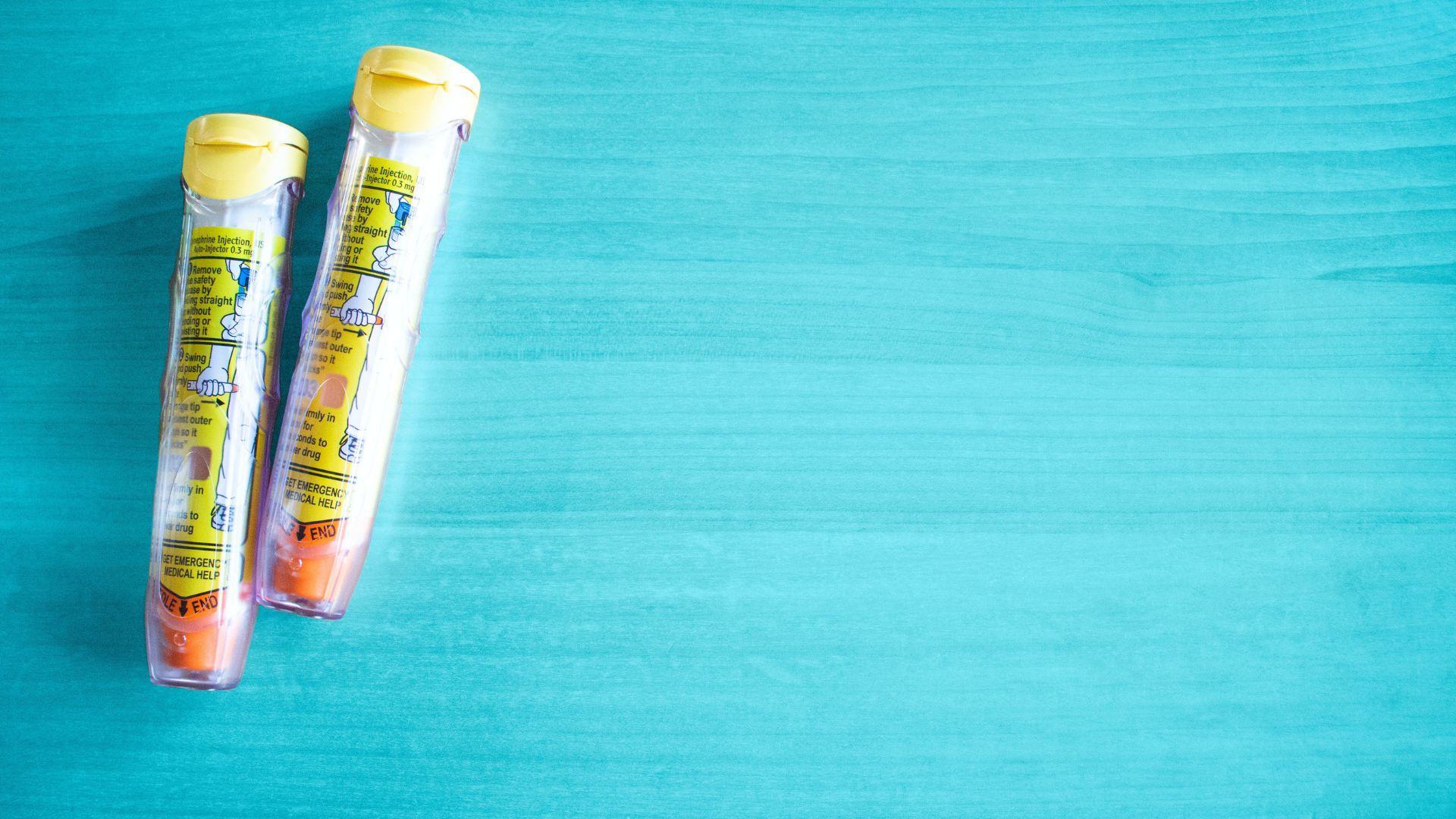
Source: Pixelumina Photography/Unsplash
Her initial intent to manage post-contraceptive symptoms unexpectedly led to a life-threatening situation, underscoring the unpredictability of self-prescribed natural remedies.
A Sudden Shift From Wellness to Emergency
What started as an addition to a healthy breakfast routine ended with an urgent medical emergency for Janna Kim.
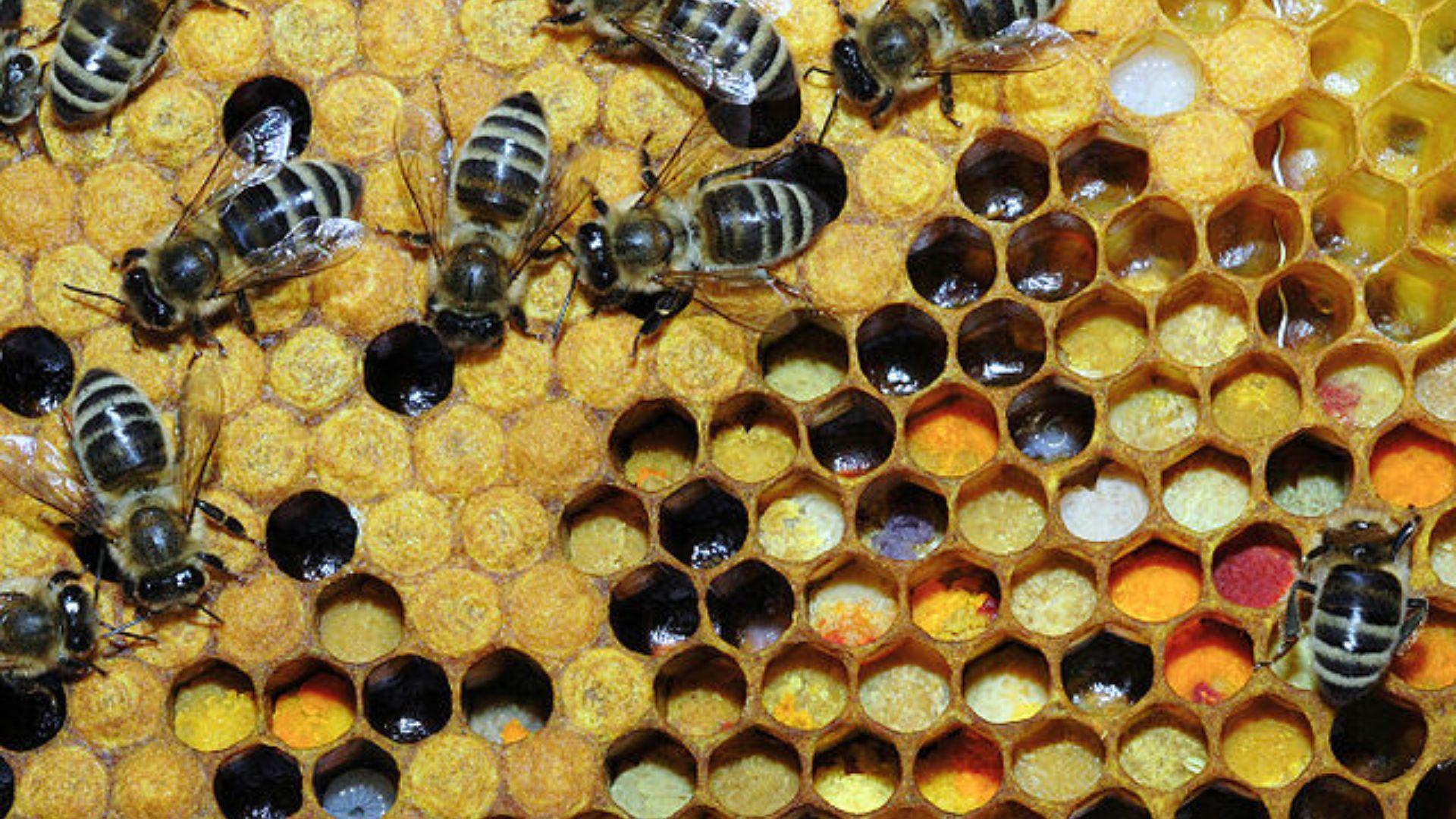
Source: Wikimedia Commons
Her reaction after consuming bee pollen for a month without issues demonstrates the unpredictable nature of allergic responses, even to substances perceived as natural and harmless.
The Quest for Natural Healing
The allure of natural remedies and the desire to move away from conventional medicine led Kim to try bee pollen.
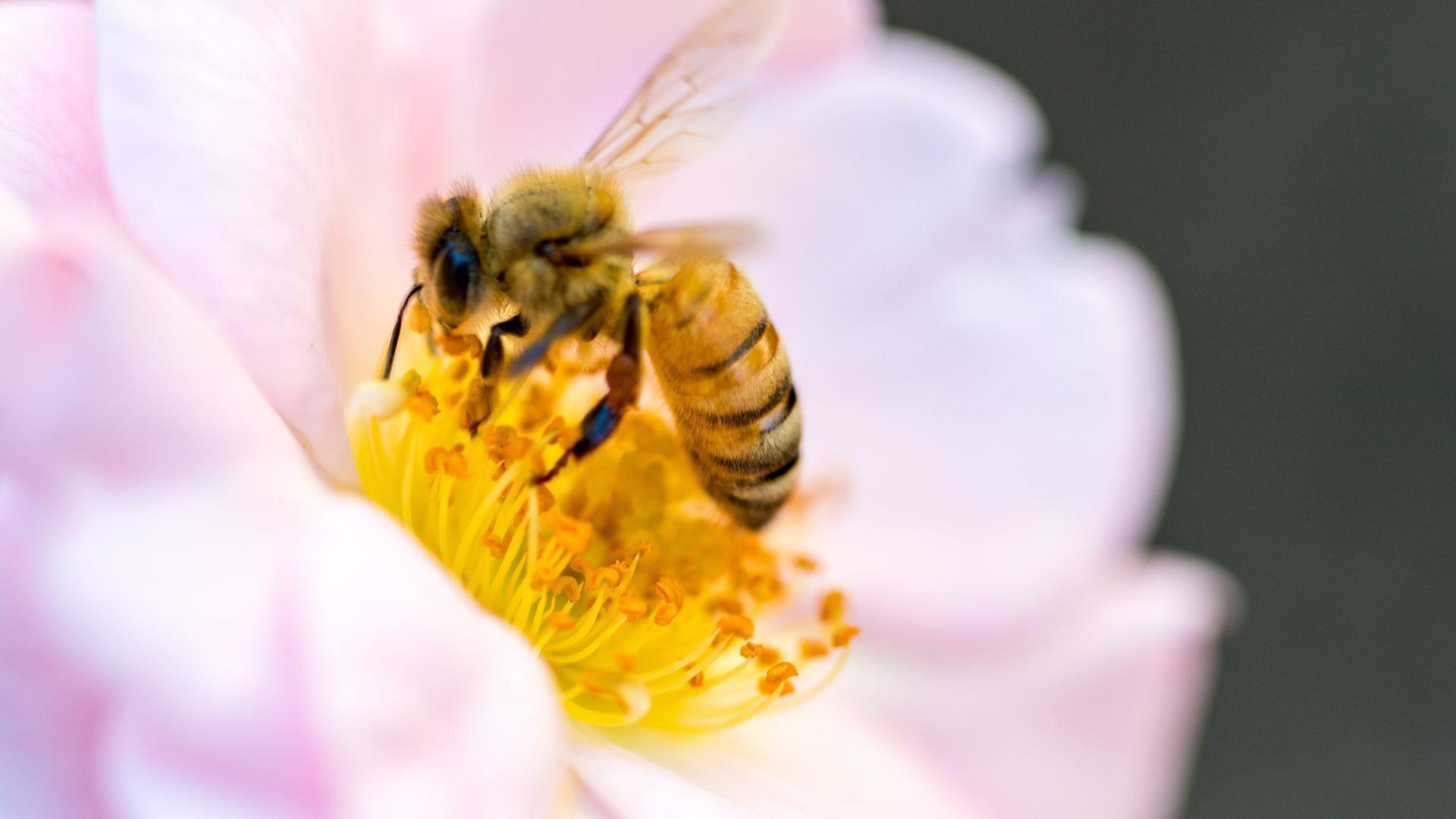
Source: Jason Leung/Unsplash
Her adverse experience raises awareness about the importance of thorough research and understanding of any natural supplement’s potential effects on the body.
Investigating Bee Pollen's Effects on Breast Growth
Dr. Allison Rodgers clarifies that, contrary to viral success narratives, bee pollen lacks the properties to promote breast growth.

Source: Nataliya Melnuchuk/Unsplash
Misconceptions about its estrogen-like effects have been dispelled by research, showing no interaction with estrogen receptors in human cells.
Separating Fact From Anecdotal Claims About Menstruation
Despite anecdotal reports on social media claiming that bee pollen can regulate menstrual cycles and alleviate related symptoms, there is no scientific evidence to support these assertions.

Source: Sora Shimazaki/Pexels
Individual experiences, such as those of Ali Velas, do not equate to clinical proof of effectiveness.
Understanding the Complexity of Menstrual Health
The case of Ali Velas, who experienced a delayed period, sheds light on the complexities of menstrual health and the myriad factors that can affect it.

Source: Polina Zimmerman/Pexels
While bee pollen was credited for the return of her cycle, underlying conditions such as PCOS (polycystic ovary syndrome) provide a more plausible explanation than the unproven effects of pollen.
The Risks of Pollen Allergies
Pollen allergies can manifest unexpectedly, and bee pollen is a potential trigger, as explained by Dr. Brian Schroer.

Source: Corey Willett/Unsplash
Unrelated to bee sting allergies, pollen allergies can cause a range of symptoms, and the risk of a severe allergic reaction is a real concern that should not be underestimated.
The Reality of Bee Pollen Allergies
Alexia Erkman’s experience with bee pollen serves as a real-world example of its potential to induce allergic reactions.

Source: Olga Kononenko/Unsplash
The wide range of symptoms she suffered, which took a week to resolve, highlights the need for caution and further study of bee pollen’s effects on health.
Concluding Thoughts on Bee Pollen Consumption
As the popularity of bee pollen grows, so does the incidence of allergic reactions. Dr. Schroer’s insights suggest that as more people turn to this natural supplement, the risks associated with its consumption may become more prevalent.

Source: Wikimedia Commons
Without FDA oversight on supplements, consumers are advised to proceed with caution and seek professional advice before using bee pollen.
